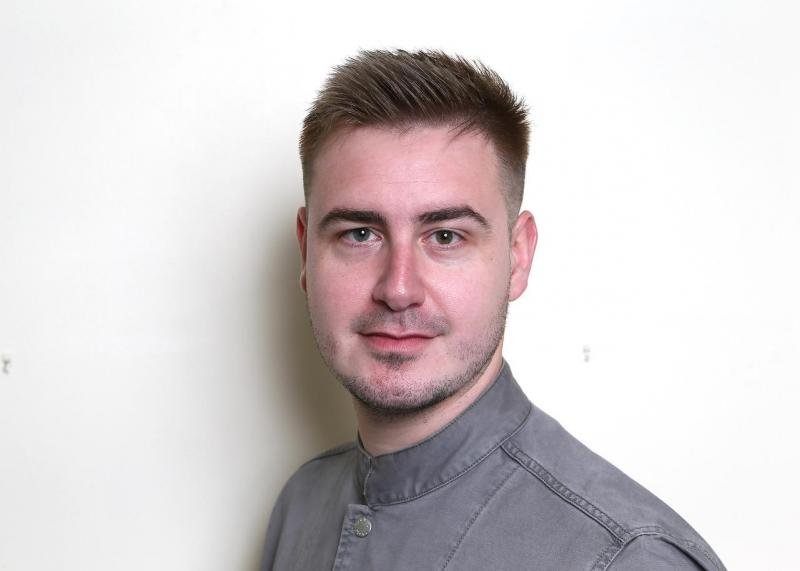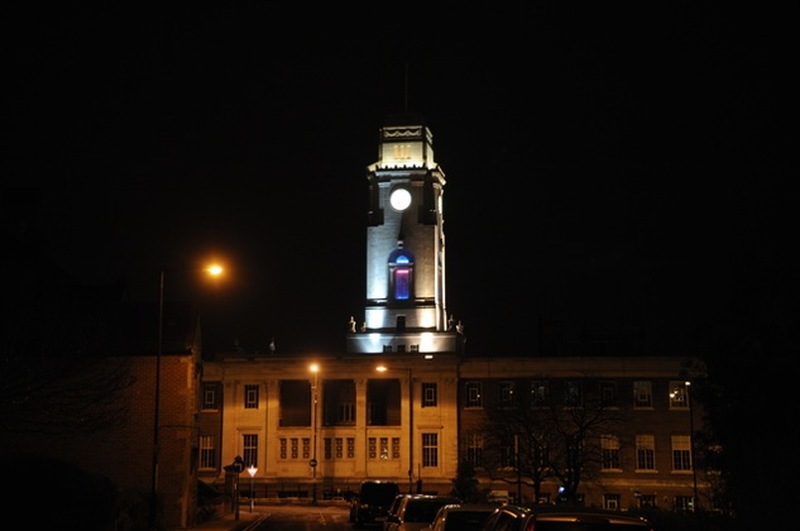NUMBERS of suspected suicides in Barnsley appear to have risen since the Covid outbreak, according to public health bosses.
The effects of the March lockdown and the latest restrictions on the borough’s mental health are still to be fully understood.
But with mounting redundancies and furlough leave, squeezed finances, social isolation and the deaths of loved ones, many in the borough have required support.
According to a public health report issued to Tuesday’s meeting of Barnsley’s overview and scrutiny committee, those identified as most at-risk of developing mental health issues are women, women with children, healthcare workers, those shielding or who are on low incomes, older people and people with pre-existing mental health conditions.
Most worryingly, it’s claimed in the report that Barnsley’s already higher-than-average rates of poor mental health may have led to a higher number of suspected suicides this year than in 2019 or 2018.
A council spokesperson told the Chronicle it was unable to reveal figures, as suspected suicides must be properly investigated by a coroner before being ruled as such.
“As always, we are working closely with our partners, and our focus is to achieve zero suicides within the borough,” they said.
“We understand this is a difficult time for all our residents and would urge anyone who is struggling to reach out and get the help they need.
“There is lots of support available to people who may be struggling with their mental health on the council’s Alright Pal webpage, including details about the new 24-7 mental health helpline and information on local and national support.
“Details of the Amparo service, which provides support for anyone affected by suicide are also on the webpage, and national charity SOBS, for adults who have been bereaved by suicide.”
The report said Covid is having a ‘significant impact’ on mental health and wellbeing by increasing susceptibility to depression, loneliness, stress and anxiety.
“These can subsequently lead to changes in eating patterns, difficulty sleeping or concentrating, increased use of alcohol, tobacco or other drugs, worsening of chronic physical and mental health conditions, self-harm and suicide,” it continued.
Public health consultant Dr Andy Snell told Tuesday’s meeting, after being questioned by Coun Jo Newing, that health services faced a ‘multiple burden’ of tackling underlying mental health conditions when more general Covid-related issues are still prevalent.
NHS figures show that from March to May, there were 3,295 referrals to mental health services in Barnsley.
Of these, 70 were for a suspected ‘first episode of psychosis (FEP)’ - the first time someone experiences hallucinations or delusions as a result of mental illness, trauma or substance abuse.
This rose to 4,010 referrals from May to July, with 75 for a suspected FEP, and provisional data suggests the number will rise further.
While there were more referrals prior to the lockdown, from December to February - 4,605 - fewer of these were for a suspected FEP, at 40.
It’s noted that changes in referral procedures during the pandemic may have affected recent data.
According to Office of National Statistics figures, 200 people in Barnsley were detained from 2019 to 2020 - which includes the start of lockdown - under the Mental Health Act due to concerns over their safety or that of others.
The rate of these - 81.6 per 100,000 people - is relatively high compared to figures from NHS trusts in similarly-sized areas such as Huddersfield and North Kirklees, but lower than Rotherham and Doncaster.
Barnsley Samaritans has worked with the council to ensure its signage is clearly displayed in every park in the borough, as well as partnering with sports teams to make sure the charity is ever-visible.
Volunteer Grant Fieldsend said: “It’s normal that the changes to our day-to-day lives might affect our mood, and it’s something we’d really encourage you to talk about, however you can.
“We are trying to show people that Samaritans isn’t that last call when all hope has vanished and the world looks such a dark and lonely place.
“It’s OK not to be OK at times, and if you feel this way call us on 116123 or email us at jo@samaritans.org.”


























